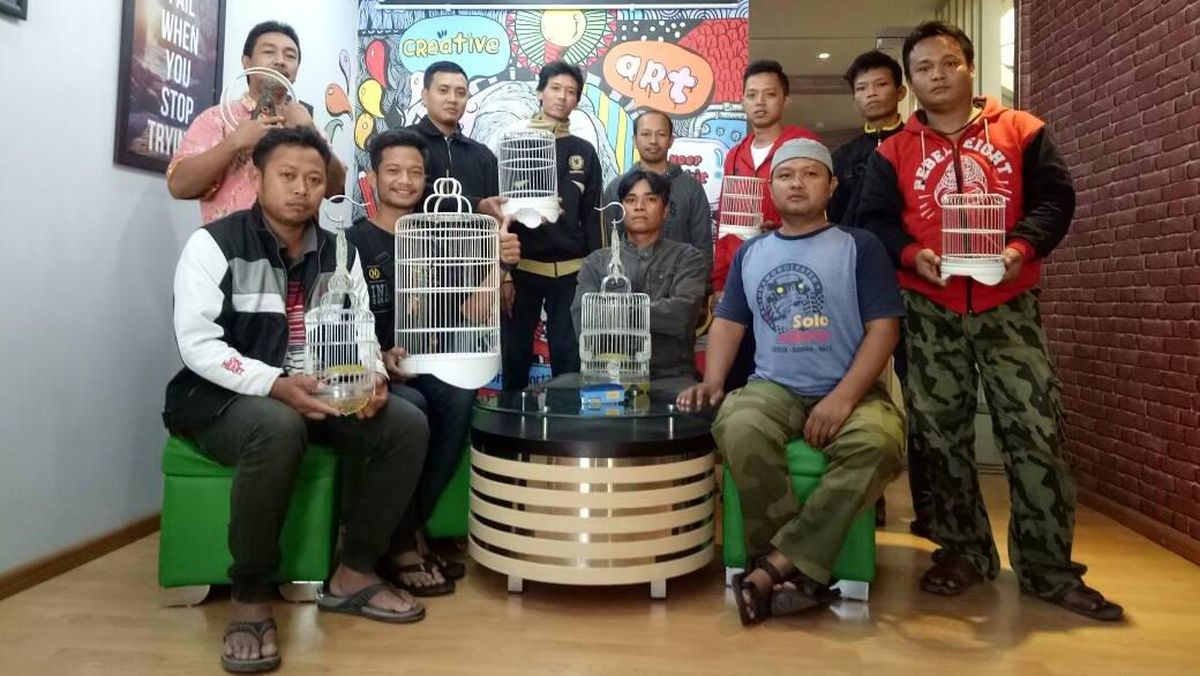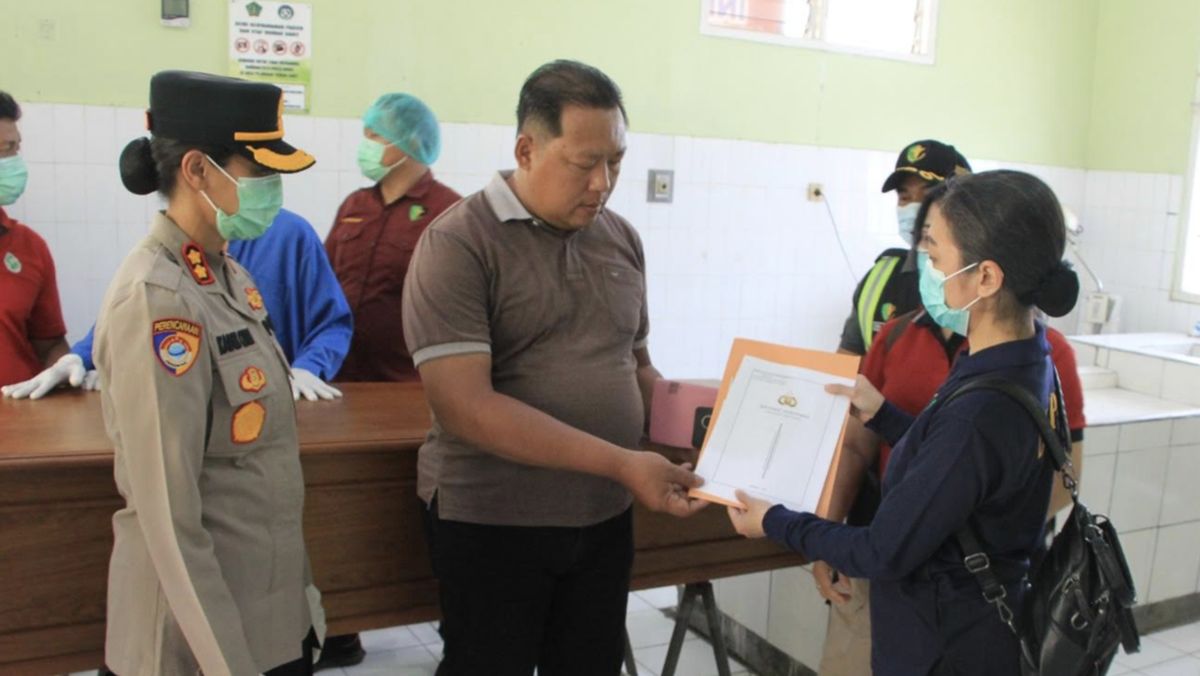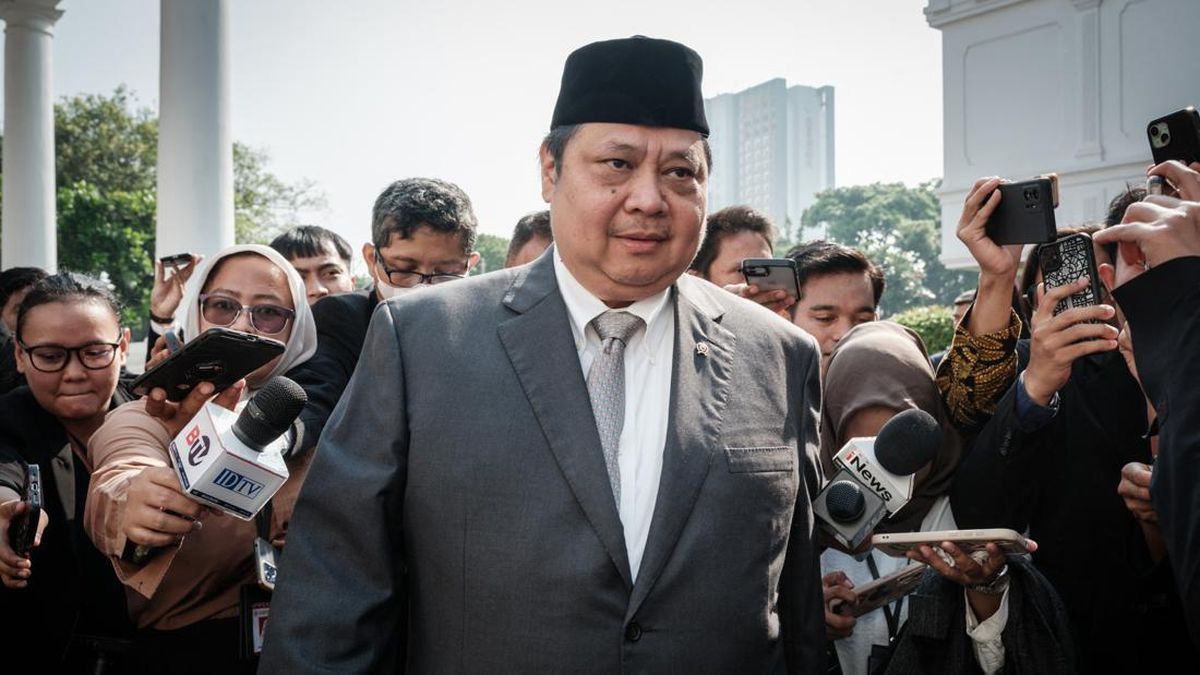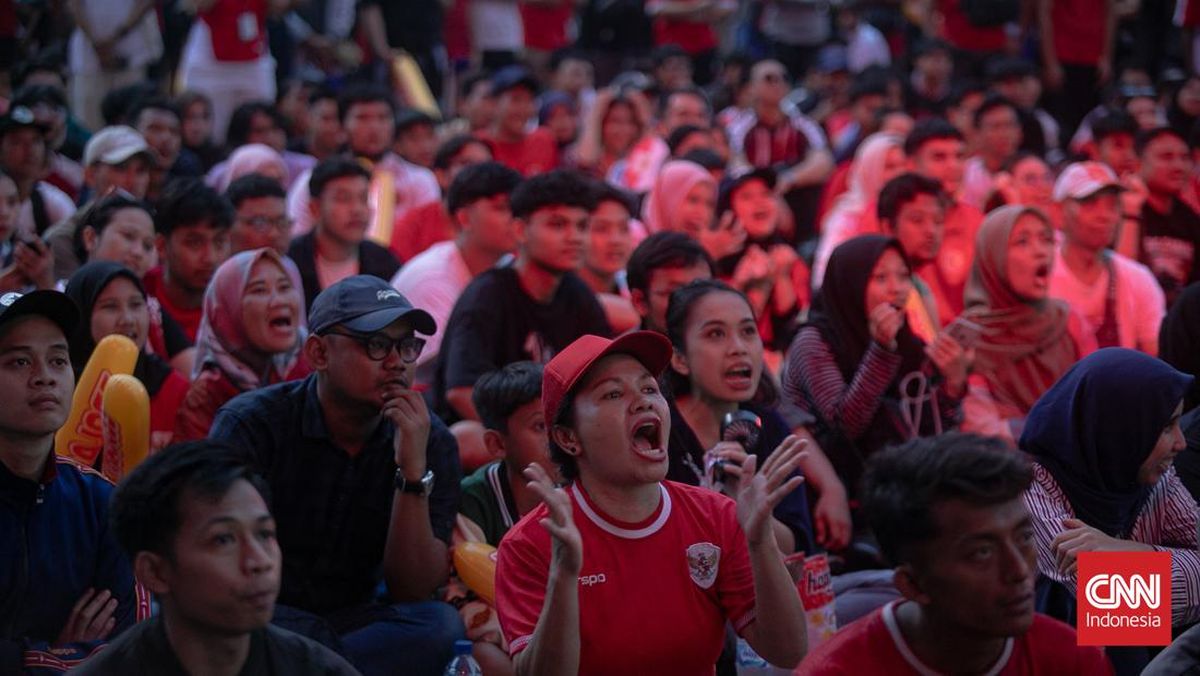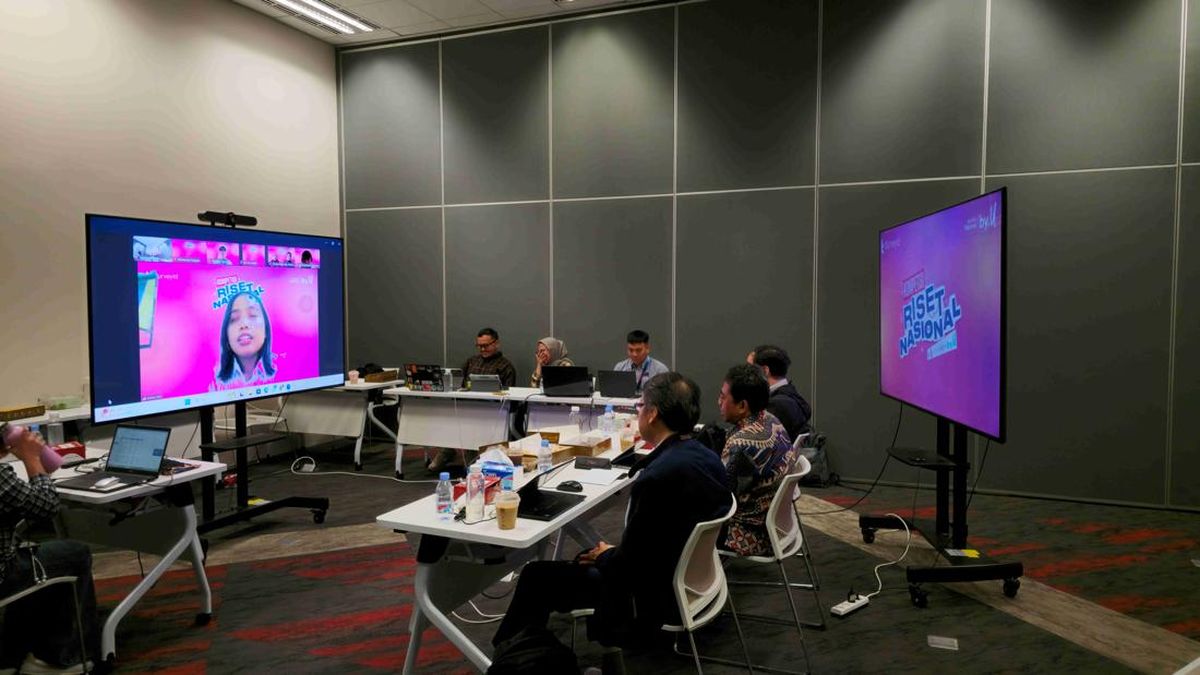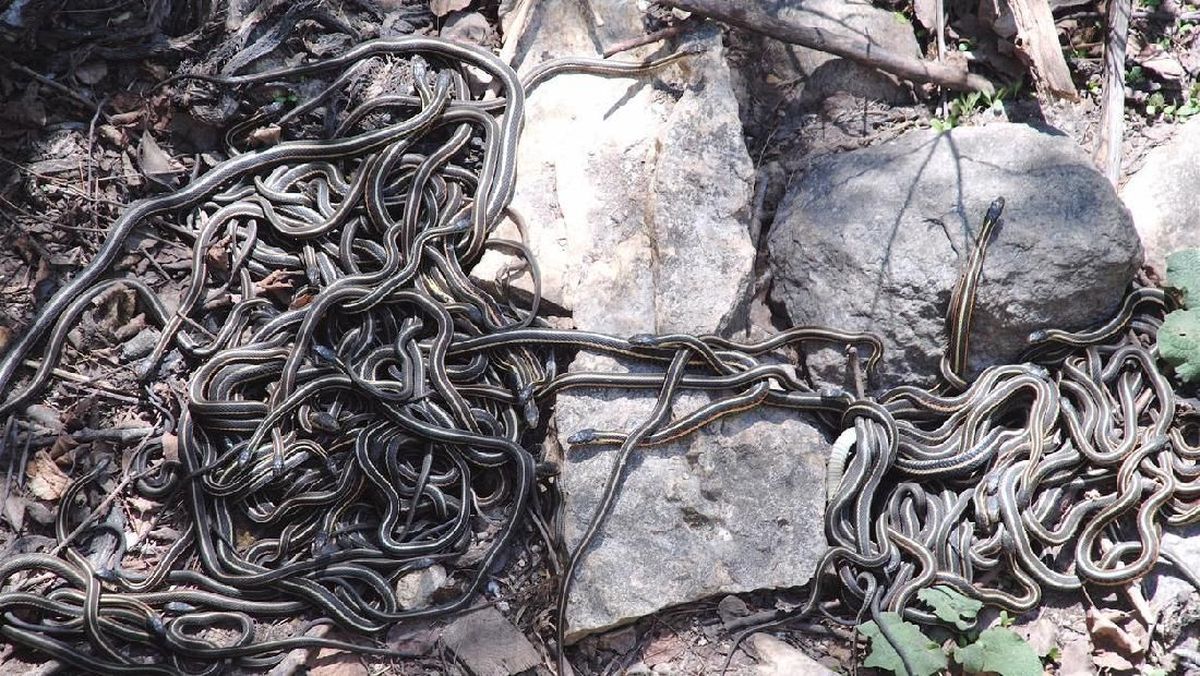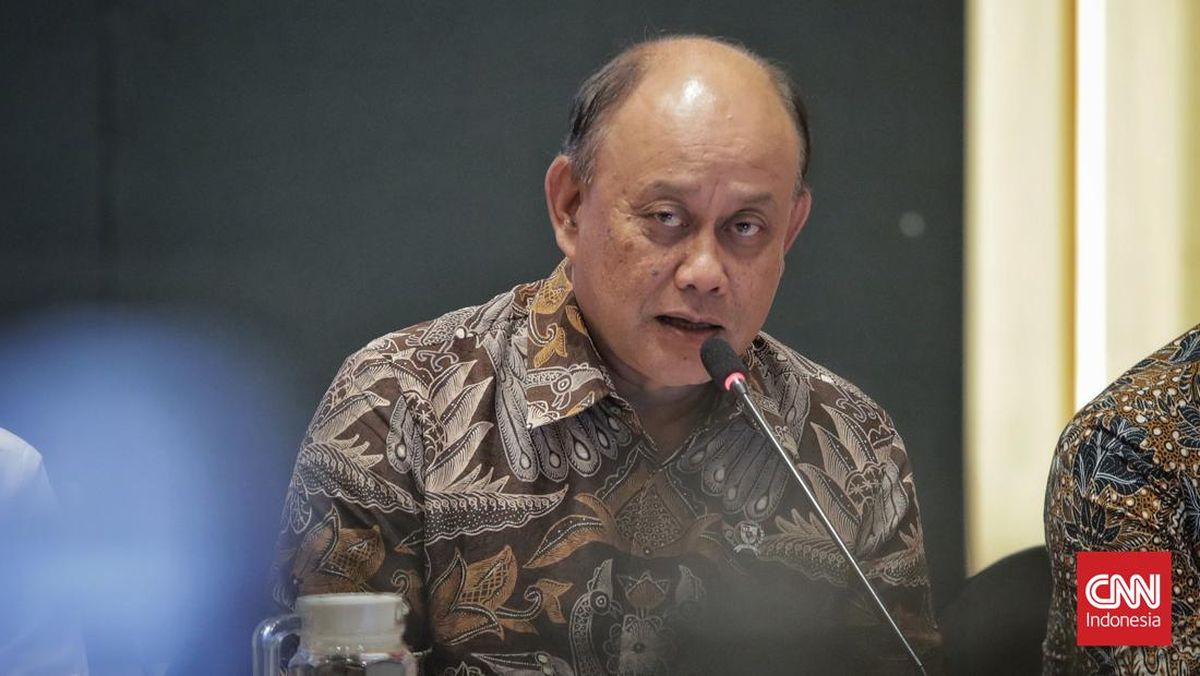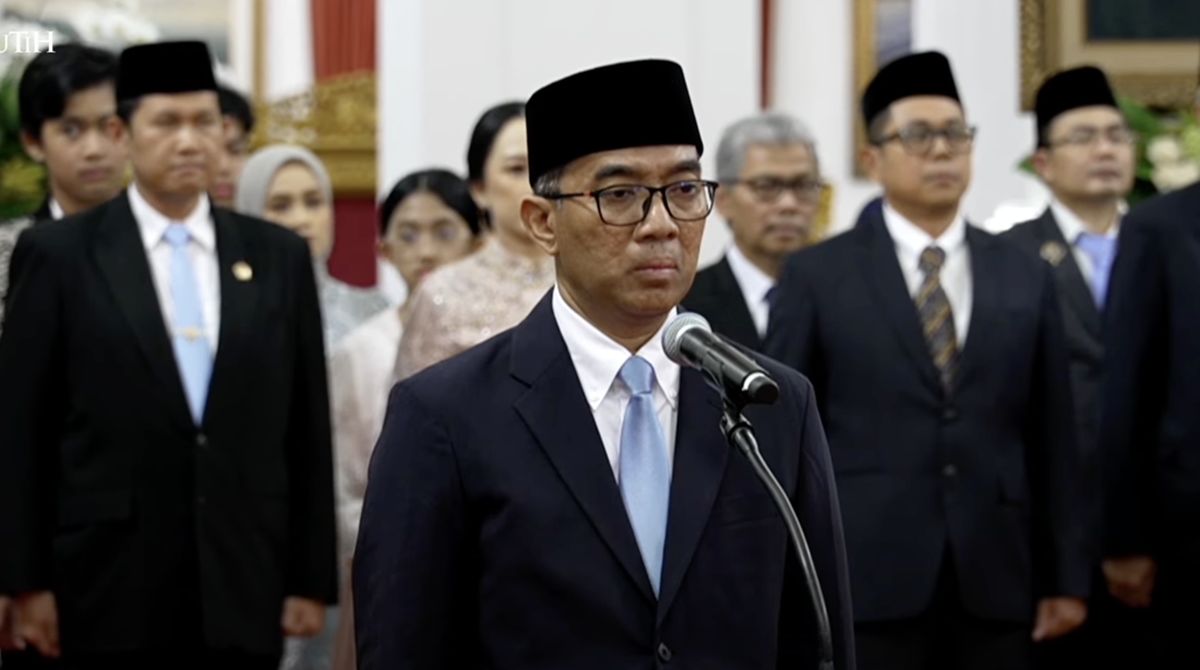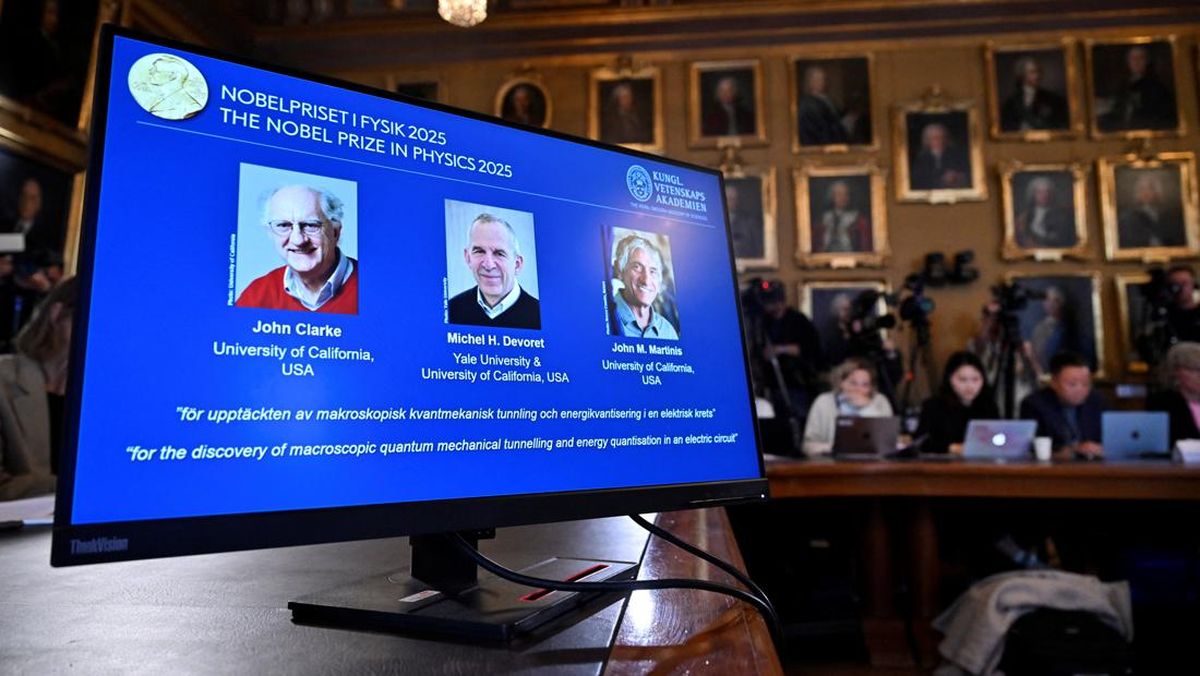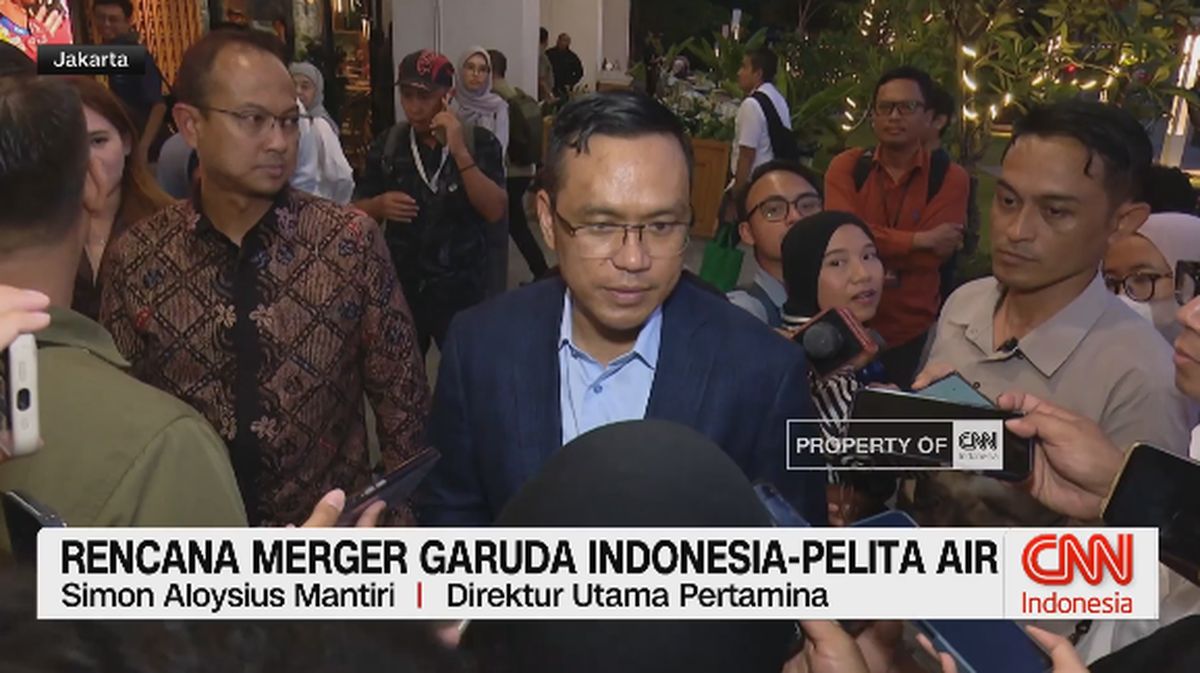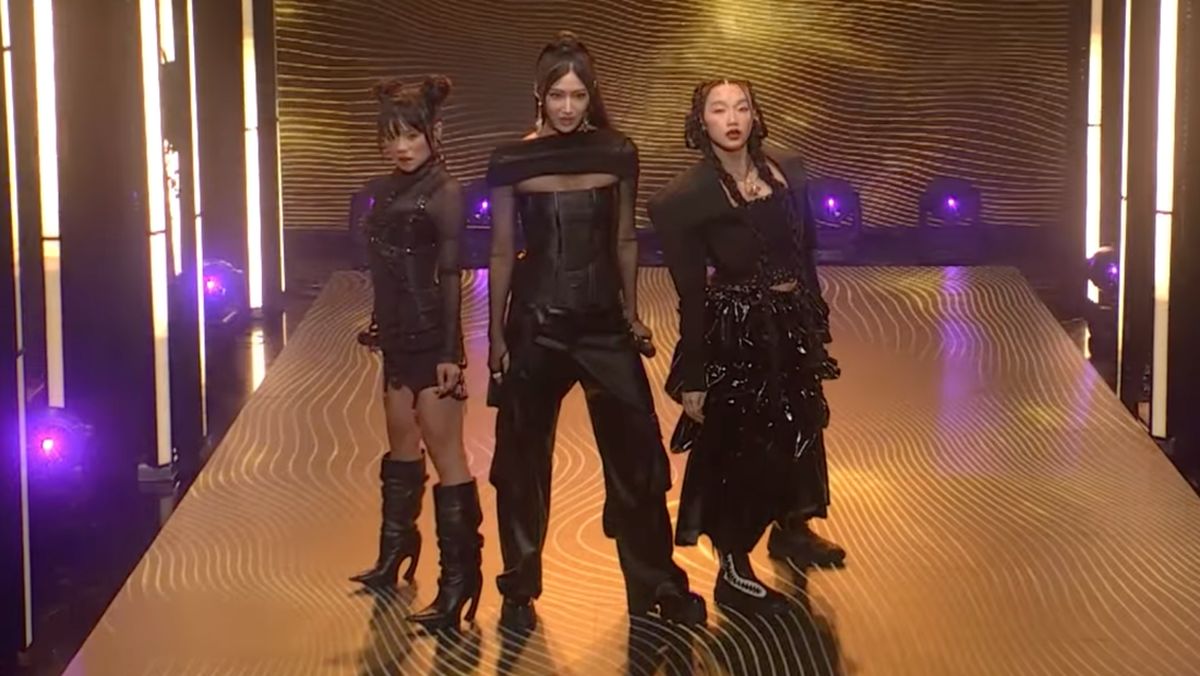After the Hunt, the new film with Julia Roberts as a senior academic caught up in sexual assault case, was always going to get audiences arguing. In fact, the scrapping started the day after its first screening at the Venice Film Festival, with reviews spread evenly across the board from fandom to fury – it scores exactly 50 on the Tomatometer – and a tense press conference where Roberts took up the cudgels against a journalist who accused the film of being “anti-feminist”.
“Not to be disagreeable because it’s not in my nature,” Roberts riposted, “but the thing you said that I love is it ‘revives old arguments’ … You all came out of the theatre talking about it. That’s how we wanted it to feel. You realise what you believe in strongly because we stir it all up for you. So, you’re welcome.” Roberts: one, journalist: zero. The problem, she continued, warming to the theme, is that people have forgotten how to have a conversation. “I made a meal of it,” she says later.

Julia Roberts stars as Yale University philosophy professor Alma Imhoff in After the Hunt.Credit: Yannis Drakoulidis
The one humorous moment came when she told her fellow panellists to open their cans of water at the same time, “so that the noise doesn’t disrupt the incredible things we’re about to say”. Andrew Garfield, who plays the lecturer accused of “crossing the line” with a female student, chipped in that it was just like that on set. “When her can had to be opened, everyone’s had to be opened. That’s the microcosm of Julia Roberts.”
Whatever the spritz of truth in that, there is no doubt that Julia Roberts – now 57, however difficult that is to believe as her famously super-wattage smile lights up the room – brings the full power of her queendom to her role as Alma Imhoff, a philosophy professor at Yale University who is within tasting distance of tenure, the academic’s grail. On the credit side, she is brilliant and esteemed by her students; more dubiously, she plays favourites with those who flatter her. Maggie (Ayo Edibiri, fresh from The Bear) clearly idolises her, while Alma’s closest friend, Hank (Andrew Garfield), is more of an admirer, the sexual charge between them palpable.
Hank is also manoeuvring towards gaining tenure, essentially competing with Alma for a place. It is another unspoken tension that will be stretched to breaking point when Maggie accuses him of assaulting her after a faculty party. He denies doing anything; she refuses to give details but expects Alma, as her mentor, feminist and once a victim herself – a little secret Maggie has discovered and is quite prepared to weaponise – to support her. So, of course, does Hank. Alma’s alliances, meanwhile, are under critical scrutiny – not least from her husband, Frederik (Michael Stuhlbarg), a psychoanalyst who picks her apart like faulty knitting. Their icy togetherness is a study in itself.

Ayo Edebiri is PHD student Maggie, who accuses another professor of assaulting her.Credit: AP
It’s fair to say that director Luca Guadagnino doesn’t mind ruffling feathers – he’s the director of gay romance Call Me By Your Name, the cannibal romance Bones and All and crazed neo-giallo Suspiria – not to mention casting the most recent James Bond as William Burroughs in Queer. But he seems to have been unprepared for the vehemence of the culture wars’ fighting forces. “A movie with these sublimely powerful female characters, how can that be described as anti-feminist?” he says.
What attracted him to Nora Garrett’s script, he says, was the complex play of power, privilege and human weaknesses. People lie without even knowing they’re lying. “Nora was so cunning in creating this world, these characters and the dialogue. I love the way these people express themselves, because many of the things they say hide something else they want to say but don’t want to be heard saying. That was compelling. I think the script worked in a beautiful way as a text to work on the visible and the invisible. For me, cinema is all about that.”
There were discussions on set that were, Guadagnino says, “endless and compelling and fascinating and exciting” about the characters’ perceptions of what had happened, but he says he didn’t come to any conclusions and doesn’t know whether the actors did, either. “I think the true drive for me was the casting of doubt and the triggering of a dynamic of power between the characters. I don’t like to think in terms of like who did it or what did they do. I think it’s more about what is the unconscious of this character is telling me.” The unconscious, he says a few minutes later, never lies.

Director Luca Guadagnino on set with Edebiri and Roberts.Credit: AP
Guadagnino had wanted to work with Roberts since he saw her in Steel Magnolias (1990), a southern story of women sharing confidences at the hair salon, sequestered from men. In the same year, Roberts had the leading role in the film that would make her bankable for life: Pretty Woman, a film that certainly wouldn’t make it out of the starting gate in these post-#MeToo times.
A slew of work followed. P.J. Hogan’s My Best Friend’s Wedding came out in 1997, Notting Hill in 1999. In 2000, she was awarded the Oscar for her performance as campaigner Erin Brockovich in Steven Soderbergh’s eponymous film. Guadagnino references Closer, Mike Nichols’ 2004 adaptation of Patrick Marber’s play about duplicitous couples that he clearly feels shares something of the same questing spirit as After the Hunt. But there is so much more: her filmography is packed, even though she always says she mostly likes being at home. Her idea of “a well-executed day”, she says, includes a range of “accomplishments – and dinner ready when I want it to be, not an hour later. A tidy house is a tidy mind, right? When I have all those things under control, it makes for a nice night’s rest.”

Roberts in Pretty Woman, a film that certainly wouldn’t make it out of the starting gate post #MeToo.
She has to be persuaded, therefore, that whatever takes her out of the home is worthwhile. “Basically, when I became a parent,” she told The Sunday Times, “I learnt that I could not take a job unless I was fully committed to it. If I still felt like I had one foot in the house I could not do it, but the thing that intrigued me here was that I just couldn’t decide if I liked Alma or hated her. Or even understood her. And that is a reason to leave the comfort of my own home for work, right? To go someplace uncomfortable.” It was Alma’s frostiness in the face of others’ distress that she found most difficult. “I have a very hen-like personality; I want to gather, and I want to feed and care,” Roberts told Variety. “And she’s just the opposite of every instinct I’ve ever had in my life.”
She was able to feed and care for everyone in real life, however: she invited the cast to rehearse at the Malibu house where she lives with her husband of 23 years, cinematographer Daniel Moder; they have three children, including twins who are now at college. Guadagnino stayed overnight on his way through to Italy from promoting his film, Queer, with his production designer. They slept in the twins’ empty rooms; Roberts made them banana bread to take on the flight. “You have to know something about Julia. She’s an incredible cook,” he says. “Spending time with her in their private life is amazing.”
Roberts remembers when she first heard of #MeToo in 2017. She was doing media for her film Wonder; someone asked her about the erupting scandal around Harvey Weinstein. “Like a lot of people, I found it wildly unsurprising,” she says. In After the Hunt, Alma gives a stinging speech reflecting on a career carved out of a “deeply misogynist” institutional culture. Any woman of her age, she says, could make the same speech. Like Alma, Roberts has spent decades dealing with an industry she describes as “super-male”, where she has often been the only woman in the room, but has toughed it out. “In those environments,” she told The Sunday Times, “I have no fear.”
‘The thing that intrigued me here was that I just couldn’t decide if I liked Alma or hated her. Or even understood her.’
Julia RobertsAlma has also beaten back fear; there was no place for it in the frontline of second-wave feminism. In that spirit, Alma tells her students not to expect to be comfortable in her classes; woe betide, one suspects, any snowflake who starts bleating about safe spaces. Guadagnino says he worked with Garrett to beef up the generational rift within the film. He wanted a “clash of contemporalities. Their perspective comes from now, while the perspective of Alma and Frederik and Hank comes from their own ‘now’, which is before.” Neither generation was necessarily right. “It’s how we see the clash of their truths,” the director says.
Now 54, Guadagnino has often shown an instinctive sympathy for the young in films such as Bones and All – in which Timothy Chalamet’s teenage cannibal is surely the ultimate outsider – and his terrific TV series We Are Who We Are, about a group of youngsters growing up on an army base near Venice. “If you do not really look towards the generation below you, you start to be certain of your certainties, paralyse yourself progressively and, without knowing, choke and die” is one of his more portentous quotes.

Roberts accepting the Oscar for best actress in Erin Brockovich in 2001.Credit: AP
That doesn’t mean he can’t feel a middle-aged distaste for social media, with its extremities of opinion and constantly renewed anger. He also holds to an old-fashioned belief in freedom of expression as central to liberal democracy “with all its contradictions and shortcomings”, which surely puts him at odds with Maggie’s crew. Isn’t he due to become a dinosaur too? “A dinosaur? No,” he says. “I feel alive to what I do. I feel alive as a person, very much so, vivid and alive. I’m curious. I like people. I like very much people. I wonder what a person would do in a situation, a human situation, or if I see something that I have not predicted, I want to know more. I am very, very, very curious.”
Misogyny has scarcely evaporated in a remade #MeToo world; on the contrary, it flourishes on the internet. “It’s clearly and sadly a situation that is infused currently by the politics of my country. There is this feeling that if there’s enough of us doing it, it makes it OK,” Roberts told Variety in Venice. “Speaking in a huge generalisation, those participating in this particular moment don’t even believe in it. They just want to be part of something. And so I call it a sport — it just seems like a game.” It is, however, a game gaining a lot of ground. The Roberts-Moder twins are 20; their younger brother is 18. Countering that misogynist culture, for the couple’s sons at least as much as for their daughter, has become part of modern parenting.
Loading
“I think like any value a person holds sacred, you teach it by being it,” Roberts says. “And, you know, standing up for yourself and what you believe and building a life that has a very deep and specific moral compass. My husband and I try to reflect our values in everything we do and the work we do and the company that we keep and the way we move through the world. It is the greatest thing we can teach our children, who we truly are as their parents.” She “could not be more proud” of her young men, she says. “They’re curious and sure-footed. This sporting game of cruelty comes from insecurity, from feeling you live on a very slippery slope.”
Curiosity is certainly a cardinal virtue for Luca Guadagnino; it is a word he uses often. Perhaps this is one reason he and Roberts clicked instantly; perhaps it is simply that it is a quality central to making art.
“You know I am a natural inquisitor,” Roberts says. “With Alma, someone so smart and so capable, I wonder why has she made choices where she ends up trapped in the way that she is trapped? And that was so interesting to me, to chip away at that masonry she has constructed so intricately for herself. And the nature of the ambition every character has, their different desires: that’s super-interesting.”
And if it can provoke arguments among people who see it, so much the better.
After The Hunt opens on October 16.
Find out the next TV, streaming series and movies to add to your must-sees. Get The Watchlist delivered every Thursday.
Most Viewed in Culture
Loading


